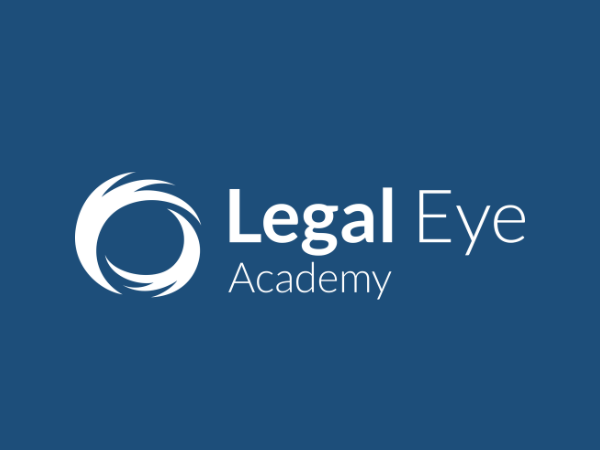In February 2022, the SRA published a Workplace Culture Thematic Review. As part of this review, the regulator examined how firms were supporting their people in the following areas:
- Managing client pressures
- Management of workloads and allocation of work
- Reporting mistakes and near misses
- Supervision, learning and development
- Measuring performance and reward and recognition
- Recognising the signs of poor mental health and helping people to speak out.
Collating responses from over 200 solicitors and other individuals in the legal sector, the SRA discovered a quarter of respondents “felt their firm didn’t have a positive culture”. Particular areas of concern included long working hours, pressures from clients and workloads, targets that ignored other achievements, and worries around reporting mental health issues and bullying behaviour.
The SRA has also “received complaints that some firms have an unsupportive, bullying or toxic working environment and culture”. The complaints included systemic bullying, discrimination, harassment, and failure to address unacceptable behaviours.
While recognising that the law can be stressful, comes with long hours, heavy workloads, and particular challenges and demands, the SRA highlights that a career in law must also be rewarding. As such, “firms should do everything they reasonably can to look after the wellbeing of those who work in and with the firm.” Determined to tackle this issue head-on, the SRA has introduced a new set of “fair treatment” rules into its Codes of Conduct.
Effective immediately, the new duties require all SRA-registered lawyers working at a firm to:
- Treat colleagues fairly and with respect
- Not bully or harass colleagues or discriminate unfairly against them.
In addition, managers/firms must also:
- Require employees to meet this standard.
- Challenge behaviour that does not meet this standard.
To help firms meet the new requirements, the SRA has updated its guidance on the workplace environment and the risks of failing to protect and support colleagues.
The updated guidance and the new “fair treatment” rules have profound implications for law firms, particularly managers and others in senior leadership roles. In practice, according to the guidance, this means:
- Having effective systems and controls to supervise work and monitor concerns which may affect individuals’ wellbeing and competence.
- Providing a safe environment for people to raise concerns.
- Addressing any concerns promptly and constructively.
- Being aware that poor performance by an individual could be a warning sign that they are working under stress or duress.
- Treating people with dignity and respect to create an ethical workplace and an engaged workforce that provides a better client experience.
- Having in place and implementing policies on bullying, harassment, discrimination, and victimisation, as well as disciplinary procedures for any breach of these policies.
A failure to meet the above could violate equalities legislation, employment law, or health and safety legislation. Or, indeed, the regulatory requirements of the SRA.
To ensure compliance, firms must now check – and, if necessary, update – their governance structures, arrangements, systems, and controls to ensure staff are supported and protected. Firms must also be able to evidence how they monitor the effect of their policies and the action they have taken should any issues arise. There is more detail on how to do this in the SRA’s Workplace Culture Thematic Review.
While the SRA is unlikely to come down hard on a firm for a one-off complaint, it has warned that it will hold individuals and firms to account for breaches that are particularly serious, persistent failures to comply or concerning patterns of behaviour.
 (0)20 3051 2049
(0)20 3051 2049




